I am using Python Nameko as my microservice framework, and when I try to set cookies in my get request, I can't seems to do it, below is my code:
from http import cookies
from nameko.web.handlers import http
@http('GET', '/hello')
def say_hello(self, request):
c = cookies.SimpleCookie()
c['test-cookie'] = 'test-1'
return 200, c, 'Hello World!'
When I call the get request using Postman, below is what I get back from the request:

Anyone can help in understanding the behaviour? Instead of Set-Cookie ->, it's ->, as shown in the image. Thank you.